6 Tips to Make Toddler's Routines Comfortable
- • 6 MIN READ 📖

- 1. Make Routines for Toddlers Fun
- 2. Give Toddlers Choices
- 3. Make Toddler's Daily Schedules Age-Appropriate
- 4. Be Consistent, but Flexible in Toddler's Routines
- 5. Add More Visual Aids to Toddler's Morning and Bedtime Routine
- 6. Praise and Reward Your Kids
- Why Are Schedules and Routines Important In Childcare
When the baby arrives, first-time and experienced parents struggle with handling the bag of commitments, responsibilities, and previously unknown rituals in childcare. Time flies, and there come the toddler's routines that are not a whit easier than the infancy stage. The good news is that there is something you can do. Tweaking your toddler daily schedules and creating a child-friendly routine may be the key to proper kid’s development and better days ahead for you all. Now, let’s check all the whys and hows.
1. Make Routines for Toddlers Fun
Regarding healthy brain development, play and fun are the driving forces that can ensure sustainable growth. It’s typically through fun relaxing toddler's everyday activity that little ones develop their resilience, strength, and various necessary skills for independent living. Ensure your tots entertainingly navigate their days by adding the fun factor to all basics. Typically, a 3 or 2 year old daily schedule includes things like eating breakfast, brushing teeth, getting dressed, dealing with age-appropriate tasks, reading, playing, going to bed, etc. Let them be creative in the playroom or bathroom by singing the “Brush Your Teeth” or “Tooth Bugs Go Away” song. Are you there helping them to pick the outfit of the day? Do some backing vocals to the “Today I’m Wearing…” as they take the romper or their favorite dress from children's garment rack. You could explore the nooks of the local park together and make up imaginary plots starring worms, squirrels, birds, and other fauna reps. Whatever you choose to do – it’s really about connecting with your child and proving learning is fun.
2. Give Toddlers Choices
Why are schedules and routines important in childcare? Mainly because they help youngsters learn to estimate time and develop a strong sense of time management. But there’s more than that. In well-planned everyday activities, toddlers get more independent (under your watchful eye, of course). Let them follow their ideas during playtime and provide opportunities to express their needs, likes, dislikes, etc. You can do that by following some simple rules:
- Let them make choices (it’s up to them to decide whether they’d like to take a truck toy or Barbie to the park);
- Give them time to cope with all tasks on their own;
- Pick your words wisely to avoid any sort of conflicts (they choose clothes for the rainy weather promenade while you just advise);
- Provide them with an opportunity to learn from their own mistakes;
- Celebrate the smallest victories of theirs, etc.
The trick? Seemingly simple initiatives and independent activities for toddlers we’ve talked about before can produce significant results, such as better self-esteem, confidence, self-reliance, as well as independence in your child.

3. Make Toddler's Daily Schedules Age-Appropriate
Now that you know about the importance of routine in early childhood, your task is to make it suitable for a particular age. When planning a daily schedule for a 3-year-old or a child of 2 or 4 years, remember that their attention span leaves much to be desired. If we go by kiddies’ age, they focus on the play or a study session for 4–6 minutes at the age of 2 and 8–12 minutes when they’re 4 years old. With that in mind, set their daily routine according to your child’s age and developmental stage:
- 1-2.5 years (balls, play-dough, dancing, jigsaws, tools for make-believe and imitation, stacking toys, painting, etc.);
- 3+ years (coloring, drawing, dressing up, books they pick themselves from a front facing bookshelf, kitchen fun, puppets, pre-writing activities, early math tasks, park promenades, etc.).
Please, don’t forget that all kids have different personalities, which means they develop at their own pace. The activities given above are just examples of what they could do because toddlers reach developmental milestones at different times.

4. Be Consistent, but Flexible in Toddler's Routines
Why is having a regular routine important for toddlers? Is a step-by-step and consistent daily schedule better? Or, perhaps, an unexpected change won’t hurt? The reality is that just like their parents, tots feel calmer and more secure when their day is planned and familiar. Whether it’s a morning, midday, or a toddler bedtime routine, engaging and predictable environments help little ones:
- Feel comfortable and safe;
- Feel in control of what they do and their setting;
- Better engage in learning;
- Have more relaxing wake-ups, i.e., a healthier toddler morning routine;
- Know what comes next (thus learning time management), etc.
Although schedules and routines matter, staying flexible when needed is crucial. After all, things happen, plans change, and life just kicks in. Let children know about all changes in their schedule and explain what will happen next. Their voices should be heard as well. If it’s a child’s initiative to make some changes to activities throughout the day, go for it. After all, feeling understood builds trust between toddlers and their parents. In other words, the little ones are more likely to talk to you again in the future.

5. Add More Visual Aids to Toddler's Morning and Bedtime Routine
We’ve already mentioned the crucial role of creativity in everyday activities of a child here. Do not hesitate to apply a creative approach to everyday rituals as well! Help your pumpkin become more imaginative by involving them in making a schedule for their morning routine or bedtime rituals. To encourage their curious minds, engage your child with the what-comes-next planning to allow for the smoothest routines for toddlers.
Here’s what you can do:
- Turn planning into art making. Ask them to draw what they want to do or have done during the day. There are loads of ideas to display toddler's artwork here, so you’ll find a good use for kids’ masterpieces;
- Watch animated cartoons or YouTube videos teaching to plan and prioritize time;
- Read books with the characters dealing with their morning or evening routines (this might be inspiring for your tot!);
- Use toys that illustrate daily routines. This will help kids get a better idea of critical daily habits;
- Guide them in decision-making yet make it look like they’re independent in the process.

6. Praise and Reward Your Kids
What drives you to do better work? That’s right! The words of encouragement and rewards! Things are quite the same in the world of dolls and diapers. Rewarding toddlers for effort is a must to encourage them to keep going and stay inspired all day long. Continuously rewarding the next generation will motivate them to stick to the schedule until it becomes a habit. All lessons learned will carry into their adult lives.
Help your child recognize when you’re proud of them with these tips:
- Encourage them in non-verbal ways. A high five or a thumbs up are so easy to do yet so powerful!
- Whenever you feel proud, let them know. Did they brush their teeth without a reminder? No effort should go unnoticed!
- Don’t overact. Go for the praises that are appropriate to the effort. Their favorite snacks, sticker packs, Montessori gifts for toddlers, or play-dough work well to reward littlies. If the reward is exaggerated, chances are children won’t buy it.
- Notice the most minor successes. Don’t wait for your kids to learn the whole alphabet. Instead, praise them if A, B, C, and D are all they know.
Why Are Schedules and Routines Important In Childcare
Just like most adults, children fear the unknown. That’s when a well-planned routine comes in handy. Here’s why:
- Getting on a schedule gets more manageable. A consistent routine guarantees a good night's sleep, healthy eating habits, and calmer behavior, as well as smooths the rest of daily to-dos.
- Expectations are clear. Based on the “Helping Children Understand Routines and Classroom Schedules” research, knowing the expectations and requirements of the environment helps toddlers comply with all current demands. As a result, behavior issues like aggression or tantrums become less common.
- Establish healthy habits. Examples can include brushing teeth, reading, going to bed at the right time, eating nutritionist-approved snacks, and as a result, living a healthy lifestyle in the future.
- Better parent-child relationship. Routinized schedules promote a strong connection among all members of the family.
- Inner peace. The enjoyment children experience when dealing with daily rituals serves as the so-called emotional residue that helps them feel secure and combat stressful situations.
- Promote independence. According to the “Children’s Daily Routines During Kindergarten Transition” study, routines are critical in establishing a feeling of independence in young children (a crucial factor for later social and academic development).

How to raise a happy child? Make time for them, set a manageable schedule, as well as ensure they feel secure in their environment. It takes so little to help them feel comfortable and excited exploring the world in a well-planned solid routine. However, in the desire to be perfect parents, many moms and dads fall into the same trap trying to fill every minute. Stop. Everyone needs a break, and your toddler is no exception to the rule. You don’t want your precious to be buried underneath tons of your high expectations. After all, raising a perfect child is as utopian as being an ideal parent.


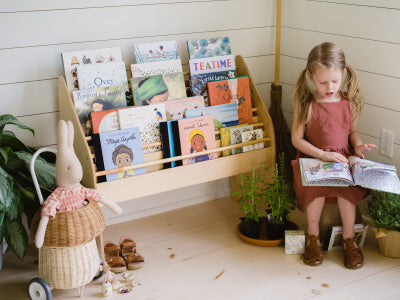
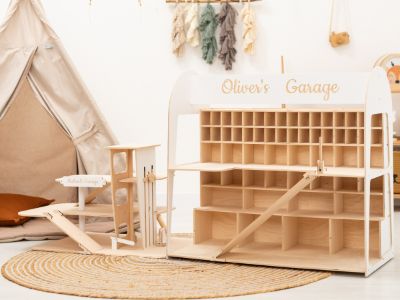
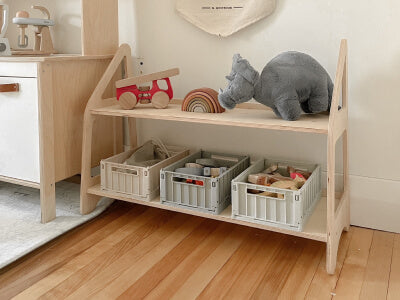
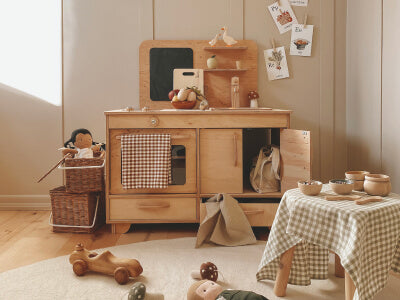
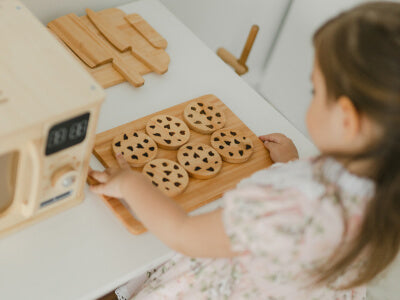
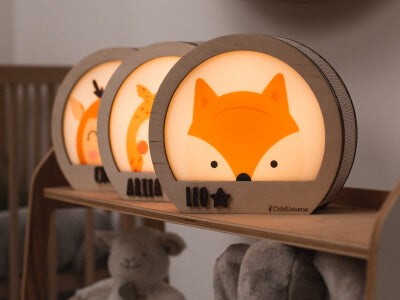
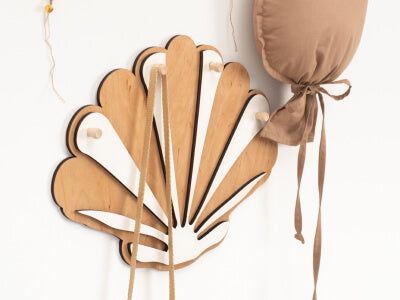
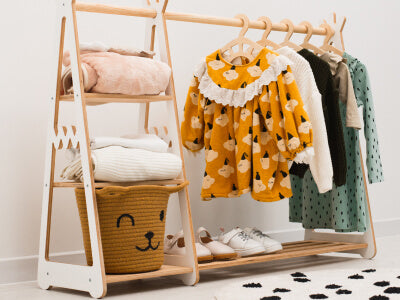
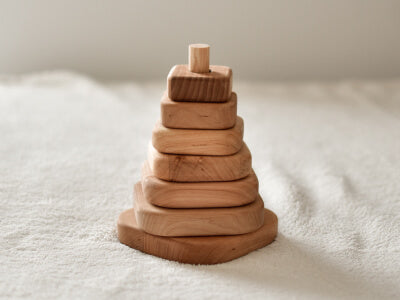
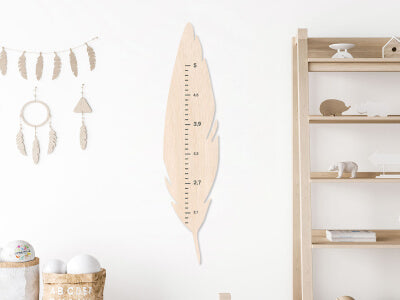
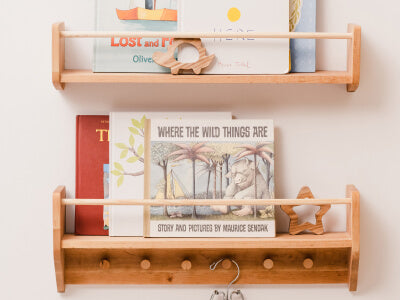
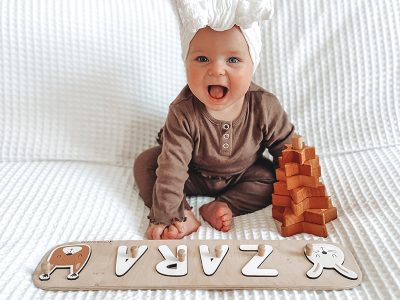
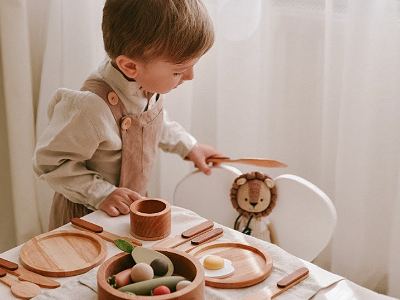
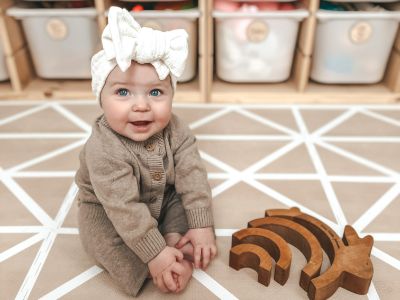
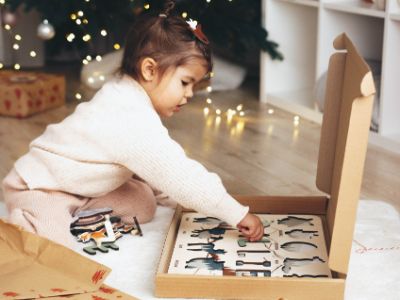


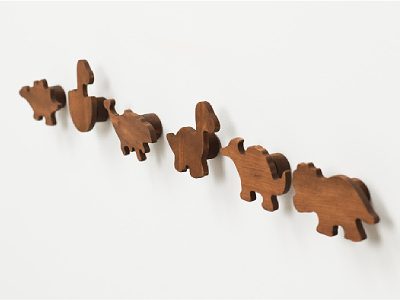





Getting on a schedule becomes more manageable – I completely agree! Very useful article
If you aim to nurture a mindful and self-reliant child, grant them the freedom to make choices. I wholeheartedly echo the sentiment of allowing them the time to handle all tasks independently – it holds great significance
The bedtime routine tips have turned bedtime battles into peaceful, enjoyable moments.
Grateful for this resource, Childuniverse!
Establishing a consistent toddler routine must be a game-changer in our household. I wish the practical tips in this article made the transition seamless and enjoyable ♥ ChildUniverse ♥
As a firm believer in routines, I found this article enlightening 🌞. It highlights the importance of schedules and routines in childcare and provides valuable advice on creating child-friendly routines. The idea of giving toddlers choices is a game-changer!
Managing toddler routines can be a challenge, but this article provides a wealth of guidance. I especially liked the tips on using visual aids and praising/rewarding kids. It’s a helpful resource for parents looking to bring more structure to their toddler’s day ♥♥♥